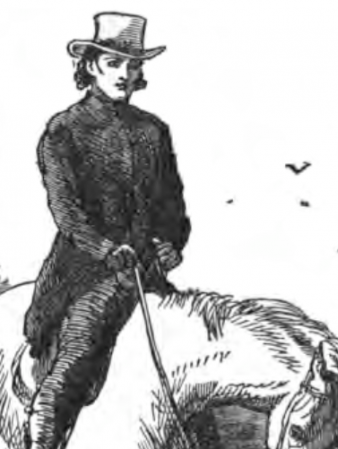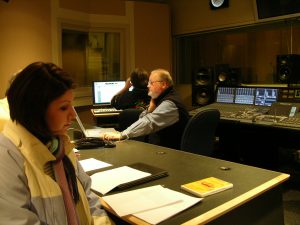Circuit riding clergymen, mostly Methodist and Baptist, brought religion to the scattered and hard-to-reach settlements of Appalachia before the Civil War. Obtaining resident pastors for sparsely-settled mountain communities was an ongoing problem. For many pioneer families, a visit from a circuit rider a few times a year was the only form of organized religion they would experience. Such visits encouraged believers to hold to their faith in a harsh environment. But tying local communities into established circuits also provided broader social benefits. Circuit riders provided news about current events occurring outside the region, medical remedies and agricultural techniques used elsewhere, and even information about family members and acquaintances spread across a broader region. Circuit riders exerted influence far beyond their religious impact.


